During a Reiki Level 1 course, most students find it easy to connect to Reiki energy. They also find it easy to do the meditation exercises that are taught to strengthen it.
Not so afterwards.
In the days following a course it quite often happens that students not only begin to feel a bit lost, they also struggle to reconnect to everything that previously came so easily to them.
From there it is not unusual for students to gradually decrease the amount of Reiki they practice until eventually they are overrun by everyday concerns and stop altogether.
How then can you make sure your Reiki doesn't slip into the 'I'm-too-busy-to-do-it' box? How can you ensure that your Reiki ability improves rather than fades?
This article looks at some simple things you should both know and do to keep your confidence sky high while you continue to develop your Reiki.
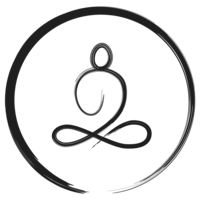

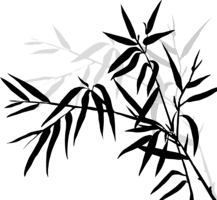
The first thing to ensure after you have finished your course is that you are consistent with your practice. You may be busy, you may not always wish to do it; but it is essential. Make a commitment to do some Reiki every day for 21 days and you will find that everything you have learnt is not only consolidated, but also improved.
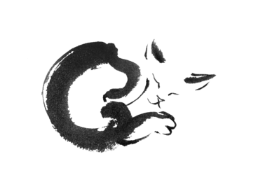
1. A little bit of practice every day of the week is a lot better than a lot of practice on just one day of the week. Consistency is the key to good results. Do a bit of practice each day and you will be surprised by what you achieve.
2. You won't need to practice every day forever. Once you have consolidated your Reiki you will probably get good results even if you miss a day or two of practice. Just don't miss too many days early on, because if you do you will not only get into a bad habit that could be difficult to shake, you may also find yourself getting less predictable results.
(Note: It is important to remember that you can never lose your ability to do Reiki after you have been attuned - not even if you stop practicing. All that happens is that your sensitivity and ability to channel decrease - something that is reversible with practice.)
Ideally, your teacher will you give you a 21-programme to follow as well as an instruction manual. An e-programme is probably best, as it can be delivered to your inbox every day, thus nudging you towards consistent practice.



A problem for beginners is often that their Reiki ability doesn't seem consistent. One day energy is flying everywhere, the next they can barely feel a thing. Does this mean their Reiki ability has suddenly dropped off? Or could there be other explanations?
What you need to remember is that there can be many reasons for energy fluctuations. For instance:
1. Your body has reached a saturation point and doesn't need any more energy at present.
2. Your energy is working on an emotional, rather than physical level.
3. You can't feel as much energy flowing out of your hands because the energy channels in them have expanded. To understand this, think of these energy circuits to be like a pipeline: at first you are using a small one that struggles to cope with even modest amounts of energy flowing through it; later, your 'pipeline' widens so you can fit more energy in - energy that may well seem less voluminous because the pressure is not so great.

The best idea is simply to study your emotional / health state over a period of time (i.e. at least a week). If it is improving then things are going well - even if you can't always feel the Reiki doing a lot of good.
Finally, remember that Reiki always works - even if you can't see how. This might sound like unsupported faith, but it's true. Just ask all experienced practitioners. The thing to remember is simply that there are not always obvious short term results. Over time, however, you will see the benefits. You might just need to be patient.
A great way to grow in confidence is by practicing on other people. Since it is generally easier to do Reiki on others than yourself (you feel more, they feel more!), it is a great way to boost your confidence and get valuable feedback.
It's also a great way to overcome the natural tendency to explain away all Reiki sensations as pure imagination. After all, if someone tells you they feel energetic pulsations or heat, it's hard not to believe them. If you experience them yourself, it is easy to think you are just imagining it.

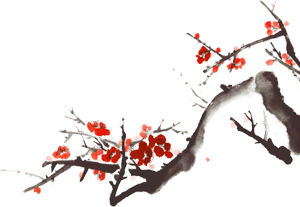


It's amazing how few students contact their teacher after a course - even if they have lots of questions. This is especially odd given how open most teachers are to supporting their students.
So call or write to your teacher if you have a question. Don't stay troubled and do nothing about it. If you do, you only have yourself to blame.

When doing Reiki, results will always vary. It is therefore important not to become overly attached to short term results. Just do your best and leave everything else to the 'gods'. This approach gives you the best chance of being a clear Reiki 'channel' - and the clearer the channel, the better the results!
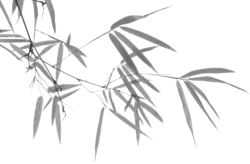
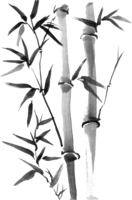
There are now dozens of different Reiki schools in the West, many of which claim to be superior to others. This can be confusing for anyone interested in taking Reiki course.
As a result, we need to ask ourselves the following questions: Is there really such a big difference between Reiki schools? Or does it simply come down to the quality of the Reiki Master conducting the course?
To understand the issue we need to realize that in actual fact there are only two real Reiki schools: those that practise traditional Japanese Reiki (for instance, Usui Reiki Ryoho) and those that have descended from Mrs Takata's teachings in the West (i.e. Western Reiki).
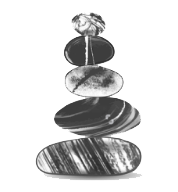
Anyone who delves deeply into the various Western Reiki schools (systems) will discover an interesting fact: while there are certainly large differences in what they teach, their core is almost always very similar - no matter how divergent the external trappings.
Of course, that's not to say that some schools aren't better and worse than others, and that the term 'Reiki' is never abused. It is. People with inadequate training and experience; people whose main area of expertise has little or nothing to do with Reiki; many have founded their own branch - sometimes even with a trademark attached to it.
But when we talk about serious practitioners and schools, things are more alike than not. Reiki energy is simply Reiki energy - even when surface appearances and outspoken teachers would like to suggest otherwise.
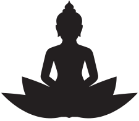
The situation changes somewhat when we look at the traditional Japanese style of Reiki that has only recently (i.e. in the last decade or so) been discovered in the West.
The main difference here is that healing no longer has the central place in what is taught. Rather, Reiki is seen as path to enlightenment in which healing is just one of several essential components.
The emphasis with Japanese Reiki is therefore on personal evolution, and healing is in many ways just a by-product of this quest. (For more information on this, see my article 'The Five Building Blocks of Traditional Japanese Reiki'.)

To work out which Reiki system you should learn, you must first decide what is most important to you: learning to heal, or finding a spiritual path.
If you are only interested in hands-on healing you would be better off finding a Western school of Reiki (no point spending large portions of time on things you aren't interested in); whereas if your chief focus is on evolving as a person, you would do better to try traditional Japanese Reiki.
Naturally, this is not to say that Western Reiki has no 'spiritual' component to it; but as a rule you will find a much sturdier spiritual path with the Japanese variety.
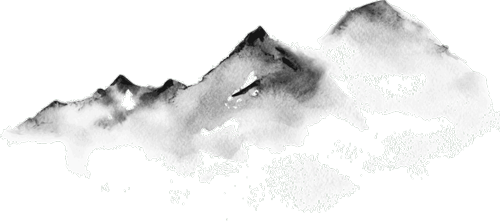
Second, once you have chosen the style you would like to learn (i.e. Japanese or Western), you need to choose the particular school based on the quality of the teacher, rather the system being taught (e.g. Karuna Reiki or Shamballa Reiki).
Since Reiki healing energy is in essence always the same - regardless of whether you call it Shamballa Reiki, Rainbow Reiki or the like - it doesn't particularly matter which 'system' you ultimately end up learning.
What matters is simply that you connect deeply to the Reiki energy. And for that purpose, the only thing that should concern you at this point is quality of the teacher, because it is he or she that provides you with the spark needed to do just that.
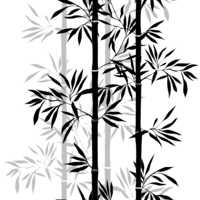



Sign up for our weekly Reiki newsletter and receive '18 things you need to know about Reiki' for free.
If you're looking to take a Reiki course, you need to read this ebook first!
Learn the critical mistakes prospective students make. Ensure you find the course that best suits your needs.



© 2022 Om Reiki Center. All Rights Reserved.